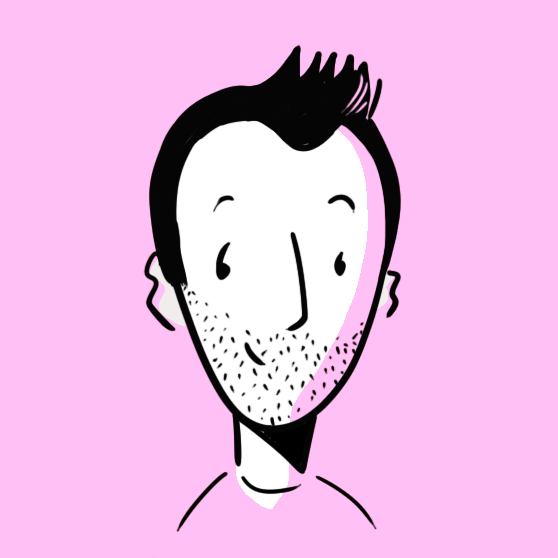Things are getting faster. No, I don’t mean the pace the world is moving faster, although that’s true, too. What I mean is that I’m getting faster, and I almost didn’t notice.
Over the weekend, I did some rough illustrations for a picture book. In the past, those illustrations would’ve taken a few days. Now? They take one. And the drawings, in my opinion, are better quality than they were when I first began in 2016.
I also used to wonder how the watercolour masters I admire – Joseph Zbukvic, Alvaro Castagnet, and Amanda Hyatt – could work the way they do; such a fine and intimate understanding of how much water is on the paper and how much paint is on the brush.
But now, I’m noticing that in myself, too. I don’t need to touch brush to page to know there’s too much water in it, I can tell by the weight of it in my hand. That’s not a sensitivity I set out to achieve.
What school never taught me about learning is that it’s a multi-sensory experience. That it doesn’t need to have an ‘intellectual’ or ‘intentional’ focus. Yes, sure, it’s important to have goals and criteria to help us shape a path and define a structure to attain them. But, there’s another type of learning, ‘osmotic’ learning, where we learn not through goals and criteria, but practice and consistency.
I never created a 5-step plan to ‘achieve better weight sensitivity to the water in my brush’. Never once did it cross my mind that I could go from drawing roughs over a few weeks to roughs in a day, and if I never imagined it I certainly didn’t design my learning path to achieve. Yet, both of these things have happened.
How did I notice these things? Well, one thing I’ve always had is planned time for reflection. Blocks of time where I write or draw about a process or project I’ve been working on. What was fun? What worked well? What didn’t? What could I do better next time?
In the software world, this is called a ‘retrospective’. A way for a team to come together and look back on the past fortnight to see how things could be improved for the following one. Maybe out of habit, I’ve taken this process into my picture book work, and it’s revealing things I never would have seen otherwise.
I wonder how many other illustrators are missing out on seeing and feeling progress by not taking the time to reflect on what’s going well and what’s not in their practise or business? I wonder if anyone who reads this will begin doing it?
